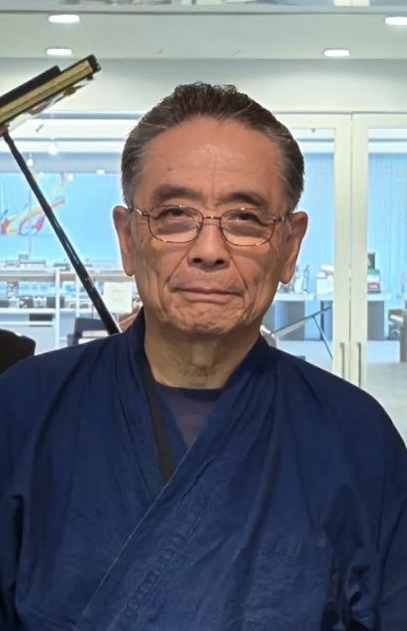The evolution of modern music is often credited to the artists who shape its sound, but behind every groundbreaking musical movement, there are innovators who redefine the tools of creation. Tadao Kikumoto, a name that may not be as widely recognized as the legendary beats he helped shape, is one such figure—an architect of rhythm, a pioneer of electronic sound, and now, a recipient of the prestigious MIDI Lifetime Achievement Award.

Honored by the MIDI Association at The NAMM Show 2025, Kikumoto’s legacy stretches far beyond any single instrument. As a leading force in Roland’s R&D division, he played a crucial role in shaping the MIDI 1.0 protocol, a universal standard that revolutionized digital music production. His foresight in integrating Tempo, Start, and Stop messages into the protocol ensured synchronisation across multiple devices, a feature that remains fundamental in both studio production and live performances decades later.
But Kikumoto’s contributions extend beyond the realm of MIDI. His work on some of Roland’s most iconic instruments—most notably, the TR-808 and TR-909 drum machines, as well as the TB-303 Bass Line synthesiser—laid the foundation for entire genres of music. Hip-hop, house, techno, and countless other electronic subcultures can trace their DNA back to the pulsating kicks of the 808, the crisp snares of the 909, and the squelching basslines of the 303. These machines were not merely instruments; they were blueprints for musical revolutions, shaping the sonic identity of generations.
As chief engineer and later a key executive at Roland, Kikumoto’s innovations were never confined to a single era. His parallel work on Roland’s proprietary Digital Communication Bus (DCB), developed alongside MIDI, pushed the boundaries of synthesizer technology and set the stage for the legendary JUPITER and JUNO series. The spirit of his ingenuity continues to pulse through Roland’s modern lineup, proving that visionary design can transcend time.
In the hands of the world’s most forward-thinking musicians, Kikumoto’s work became more than circuitry and code—it became culture. From the underground clubs of Detroit to the stadium stages of global pop, his machines bridged the gap between technology and expression. The very ethos of MIDI, a language of connection and creativity, is perhaps the best reflection of Kikumoto’s impact. His designs did not dictate music; they invited artists to push boundaries, explore new sonic landscapes, and redefine what was possible.
Though he may not be present to receive the award himself, Roland’s Vice President of Research and Innovation, Paul McCabe, will accept the honor on his behalf, symbolizing a company still carrying forward the mission that Kikumoto helped define. As Roland CEO Masahiro Minowa acknowledges, the pursuit of innovation and creativity remains at the heart of Roland’s philosophy, a torch lit decades ago by pioneers like Kikumoto.
The legacy of his work is not just in the hardware he designed, but in the infinite musical possibilities he unlocked. His machines continue to breathe life into new generations of music, his ideas still shaping the sound of tomorrow. For that, the world of music remains forever indebted to Tadao Kikumoto.
